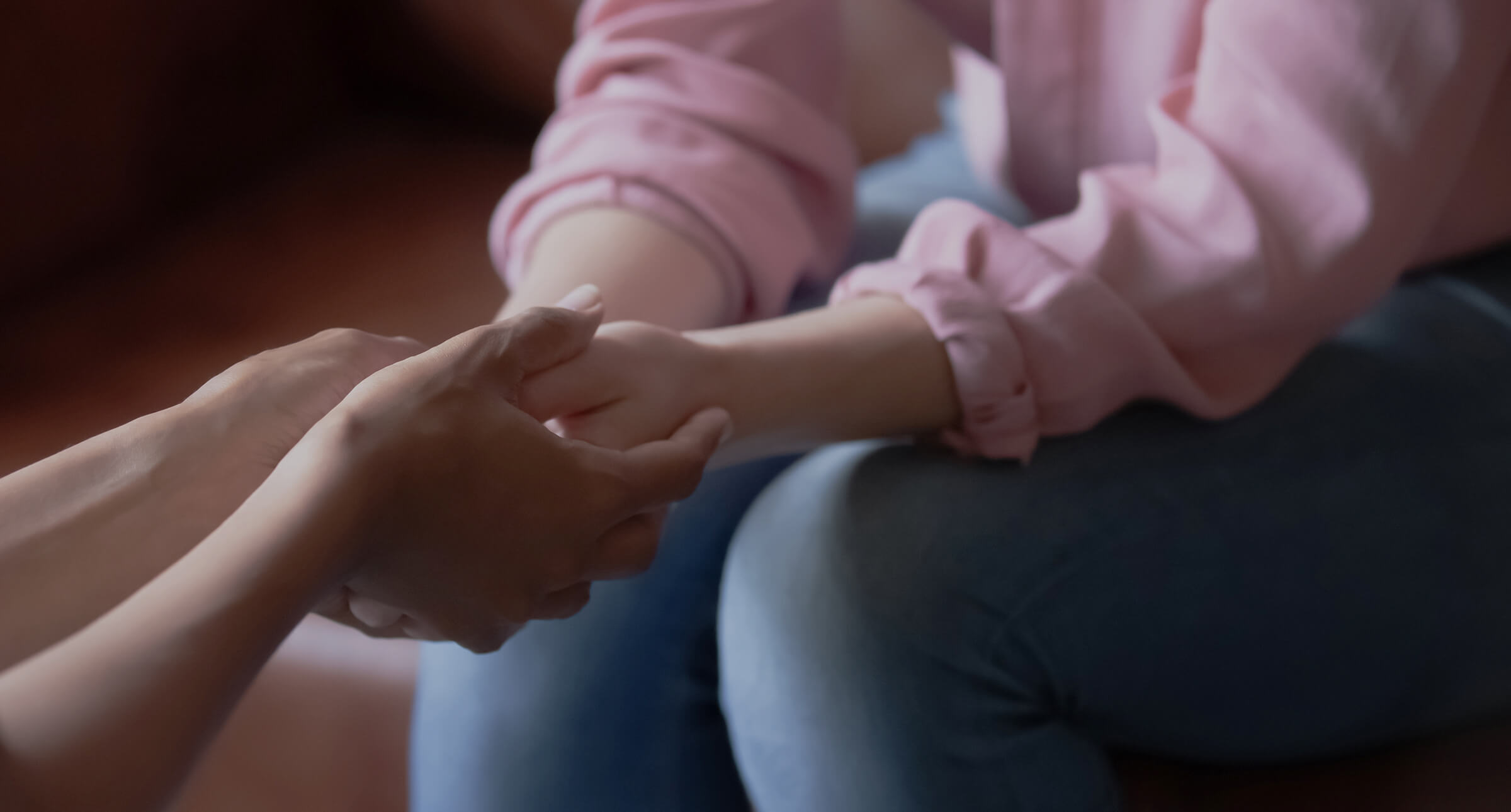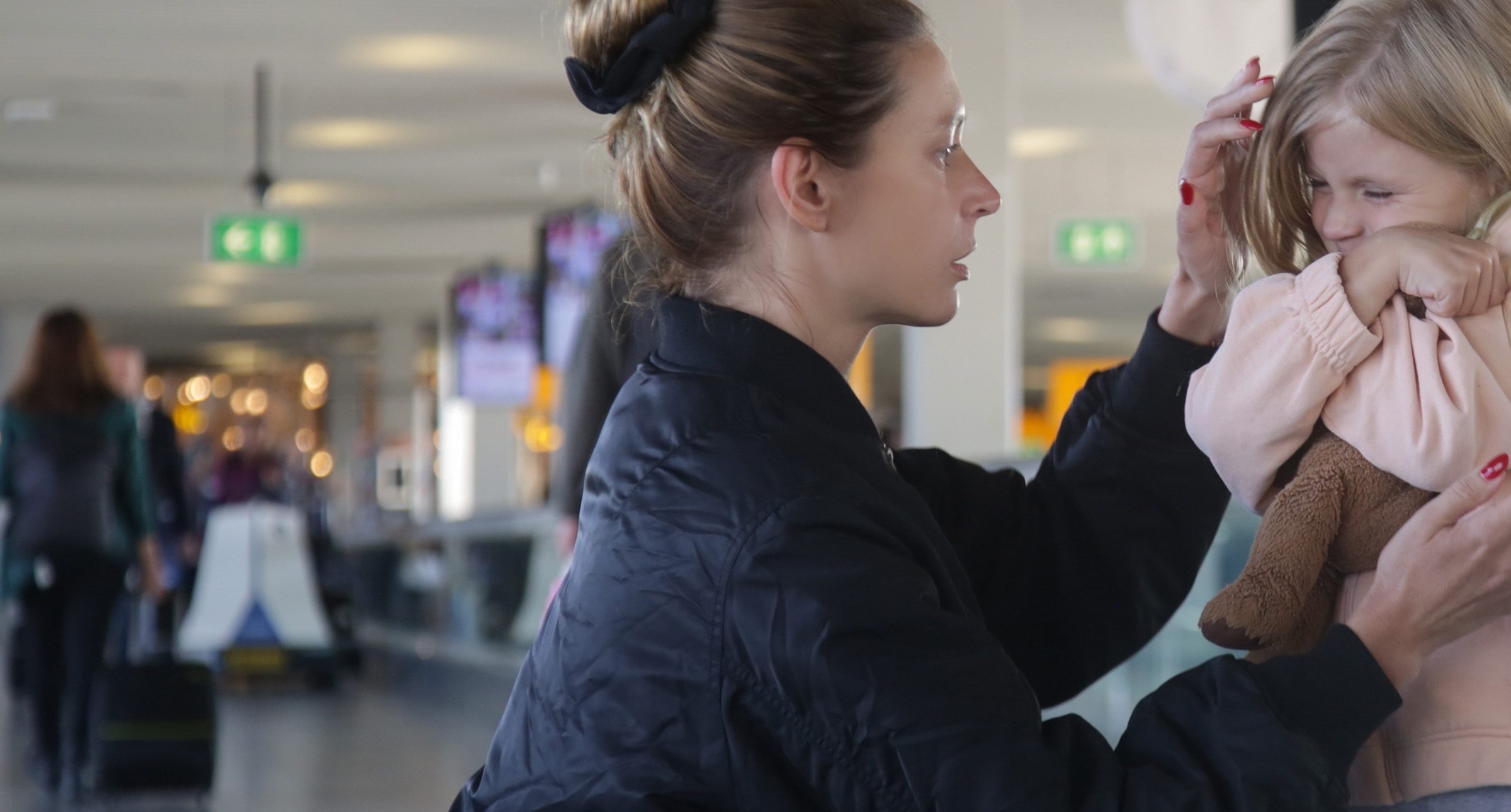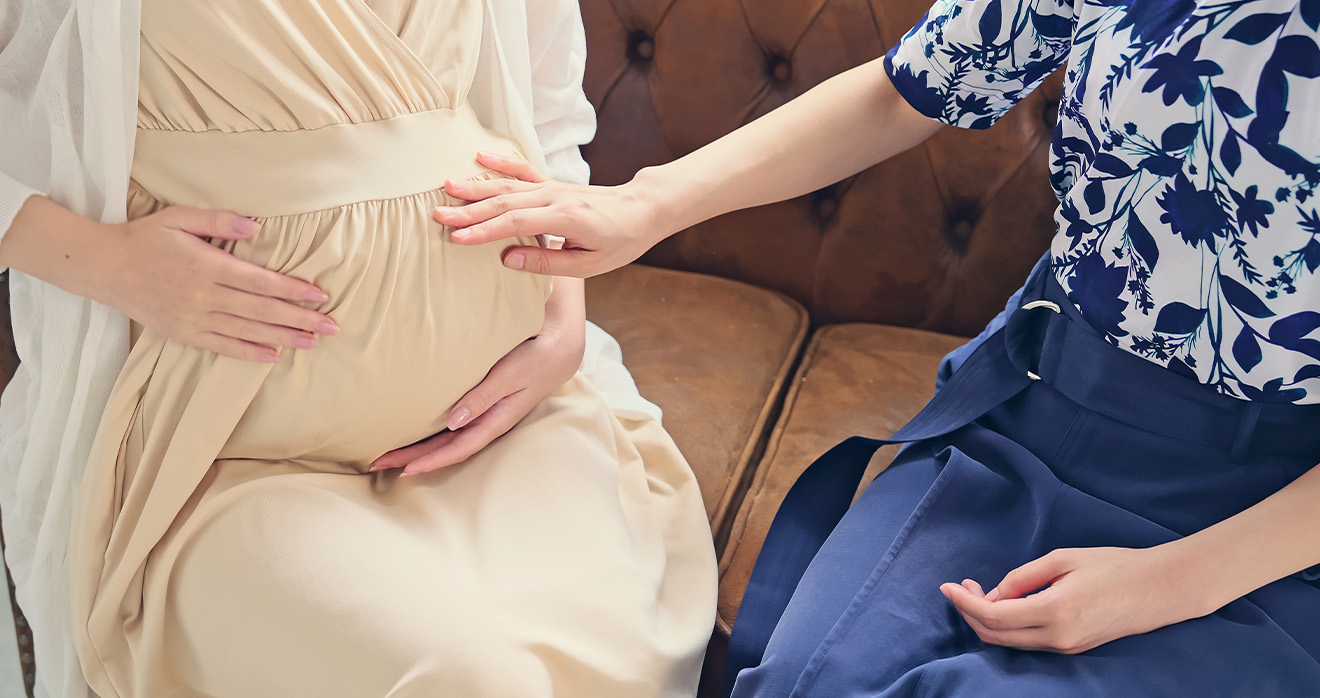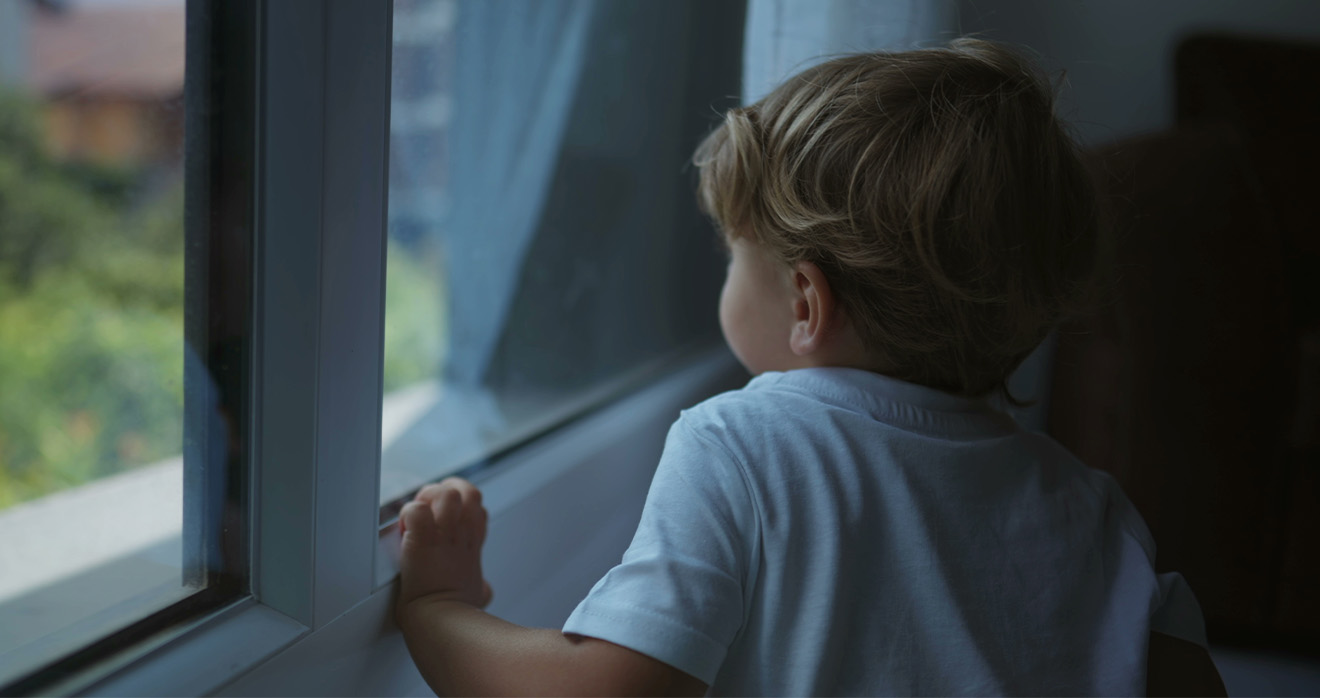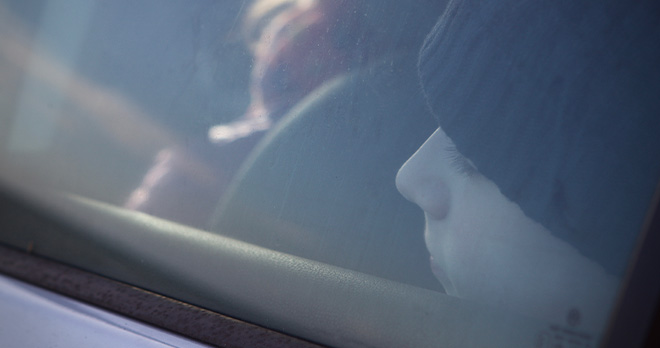An introduction to child arrangements following separation or divorce

If you are considering or proceeding with a separation or divorce, and you have children with your partner, you may be wondering what legal options you have to protect their current living arrangements (or find new ones). Our specialist family solicitors explain here what you need to know depending on your situation.
Who will our children live with if we separate?
Deciding the living arrangements for children when separating is often difficult and there is no ‘one size fits all’ formula. Where your children should live and how much time they should spend with the other parent will depend on your own individual circumstances and we recommend you take legal advice even if you plan on aiming to agree arrangements without formally involving solicitors.
Ideally arrangements will be amicably agreed either directly, or with the help of solicitors, or a mediator. If your circumstances are such that it is simply not possible to agree the arrangements for your children, then you can ask the Court to decide what will be best for your children by making an application for a Child Arrangements Order.
Can I stop my former partner from seeing our children?
If you are worried about whether your children are safe with their other parent, perhaps due to domestic abuse, drug or alcohol addiction, or other significant issues, then you should seek legal advice.
There may be a valid reason to seek to protect your children and legal advice can be given about the protective remedies available and your options. In some cases an urgent Court application will be necessary.
Can I change my child’s school and relocate without my former partner’s consent?
If you and your former partner share parental responsibility for your child, then you should both be involved in major decisions regarding their welfare including which school they should attend. A relocation that entails a change of school, therefore, will require your former partner’s consent.
Ideally, you will be able to agree a way forward but, if that is not possible, you will need to seek legal advice. Matters could be discussed at mediation, negotiated via solicitors and/or the Court, or an Arbitrator could be approached for a decision. A decision will be made which is considered to be in your child’s best interest, having considered your position and the objections raised by your former partner.
Can I change my child’s surname without my former partner’s consent?
If you and your former partner both have parental responsibility for your child, a change of their surname would require either your former partner’s consent or an Order of the Court.
Please be mindful that it is unusual for the Court to consider it to be in a child’s best interest for their surname to be changed, whilst it is not uncommon for the Court to endorse a request for double-barrelling a child’s surname.
Can we agree child arrangements without going to Court?
You can agree arrangements for your children without going to Court and indeed it is encouraged and often far preferable for all concerned.
There is no requirement to have an Order or Parenting Agreement. Courts will not need to be involved unless there is a dispute.
Agreeing arrangements which can be amicably varied as children grow and their ages and needs change will benefit your children. Solicitors and mediators can help you reach such agreements.
What is a Child Arrangements Order?
A Child Arrangements Order is an Order that regulates with whom a child lives and the amount of time that they spend with the other parent. It is not uncommon for the care of a child to be shared between the parents, and for Courts to make Orders confirming that a child lives with both parents, though at different times, not necessarily equal in amount.
What is a Specific Issue Order?
A Specific Issue Order can be made by the Court to determine a dispute regarding a specific matter relating to the exercise of parental responsibility and a child’s welfare, for example where a child should go to school, whether they should undergo certain medical treatment, by which name they should be known and similar.
The Court will be guided by the principle of what is in the child’s best interest, having regards to the parties’ respective positions.
What is a Prohibited Steps Order?
A Prohibited Steps Order prevents a parent from exercising their parental responsibility in a way that they otherwise would be able, in order to protect the welfare of a child.
A Prohibited Steps Order can be made on an urgent basis to prevent one parent from removing a child from the care of the other, for example where there is evidence of urgent safeguarding concerns.
A Prohibited Steps Order can also be made in respect of any exercise of parental responsibility. For instance, the Court could make a Prohibited Steps Order preventing a parent from sharing images of a child on social media, from changing their school, or from allowing the child to undergo medical treatment.
How can I protect my children from their Mum/Dad’s abusive behaviour?
There are a number of ways that you can protect your children if your former partner is, or has been, abusive. As a starting point you will need to seek legal advice in order to understand the protective remedies available and your options.
It may be necessary to seek a Court Order to regulate the arrangements and to keep your children safe.
Our specialist Family solicitors are here to help you when you’re looking for legal support around child arrangements.
Call now
Complexities in family law - thinking outside the box
Is it time that we all started thinking outside the box?
How can families in need of support continue to seek resolutions when so much is changing around them? Is it time that we all started thinking outside the box?
More insights from our family law experts
View more articles related to Children Disputes and Family
